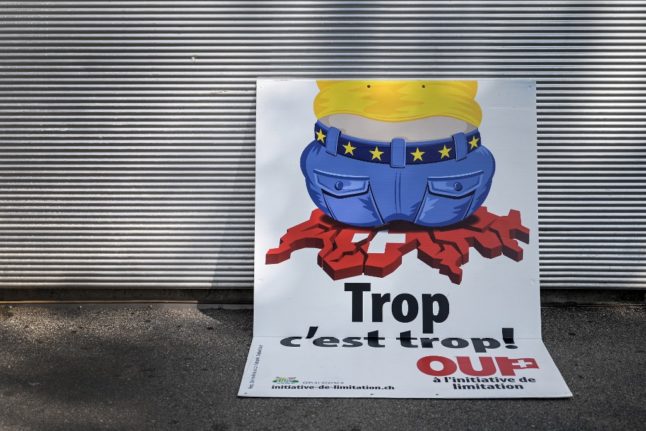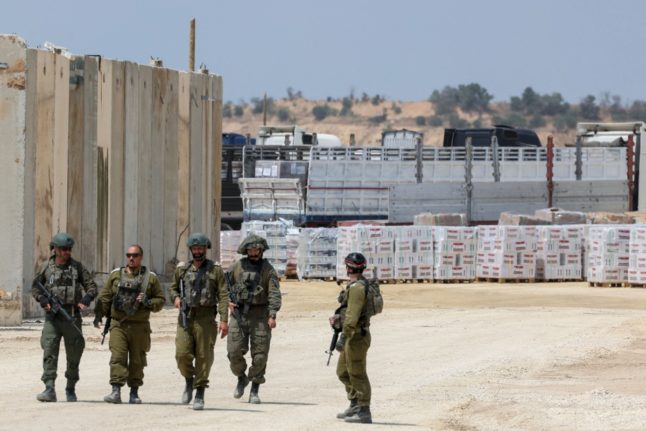The study of 50,000 residents from all linguistic regions carried out by Tamedia, Switzerland’s largest media organisation, revealed some interesting facts about how people living in Switzerland, including foreign nationals, feel about the country, and about each other.
READ ALSO: What the Swiss like and dislike about their country… and each other
Feedback that foreign study participants provided indicated that 77 percent of them are happy in Switzerland, even though 68 percent find Swiss people to be aloof, and 60 percent have had problems making friends.
Additionally, 60 percent of foreign respondents say the Swiss are racist.
READ ALSO: Switzerland acknowledges ‘systemic racism’ in the country
Left versus right
With the exception of several cantons and municipalities where foreigners can vote on local issues, they have no right to participate in this political process at the federal level — either in referendums or elections.
However, the survey revealed interesting facts about what party affiliation foreigners would most likely choose if they did have the right to vote.
A large support for two diametrically opposed parties emerged: while 21.7 percent said they would favour the left-leaning Social Democrats, exactly the same proportion would support the right-wing Swiss People’s Party (SVP). (A smaller group of foreigners, ranging from 5.8 to 14.5 percent, would back other, less conflictual parties).
The support for Social Democrats (known as ‘socialists’ in Switzerland), could be understood in the context of their foreigner-friendly policies.
For example, the party has developed a platform especially for migrants, aiming to help them with their specific challenges, including the naturalisation process.
Far more surprising, however, is the support for the populist SVP, whose main position has traditionally been that immigrants are bad for Switzerland.
The party has spearheaded a number of campaigns and referendums over the years aiming to curb immigration, and generally portraying foreigners as wanting to destroy Switzerland by taking jobs away from the Swiss, abusing the welfare system, and committing crimes.
Its infamous 2016 poster, for instance, showing a white sheep kicking a black one out of Switzerland made international news for its racial and xenophobic undertones.
So why would so many foreigners in Switzerland support the SVP?
The answer is provided by Lucas Leeman, the author of the above-mentioned study.
“I think it is important to recognise that foreigners in Switzerland are a very heterogenous group,” he said. “The most decisive factor for the vote decision is a person’s socio-economic position — and that holds true for both, Swiss citizens and foreigners. “
This means that many foreigners are conservative and their views on some issues align with like-minded parties.
“While it may be surprising that the Swiss People’s Party reaches that share [of support among foreigners], one should consider that they do take a clear conservative position and a kind of a ‘tough politics’ approach also on other issues,” he said.
This stance on social issues strikes a chord among many foreigners.
For instance, the SVP is the only opponent among Swiss parties to legalised abortion and same sex marriage, and that “can be very appealing for some foreigners,” Leeman said.
He added, however, that “the situation could potentially change if one day foreigners were granted the right to vote and parties would start to directly communicate with that segment of the population.”



 Please whitelist us to continue reading.
Please whitelist us to continue reading.
Member comments